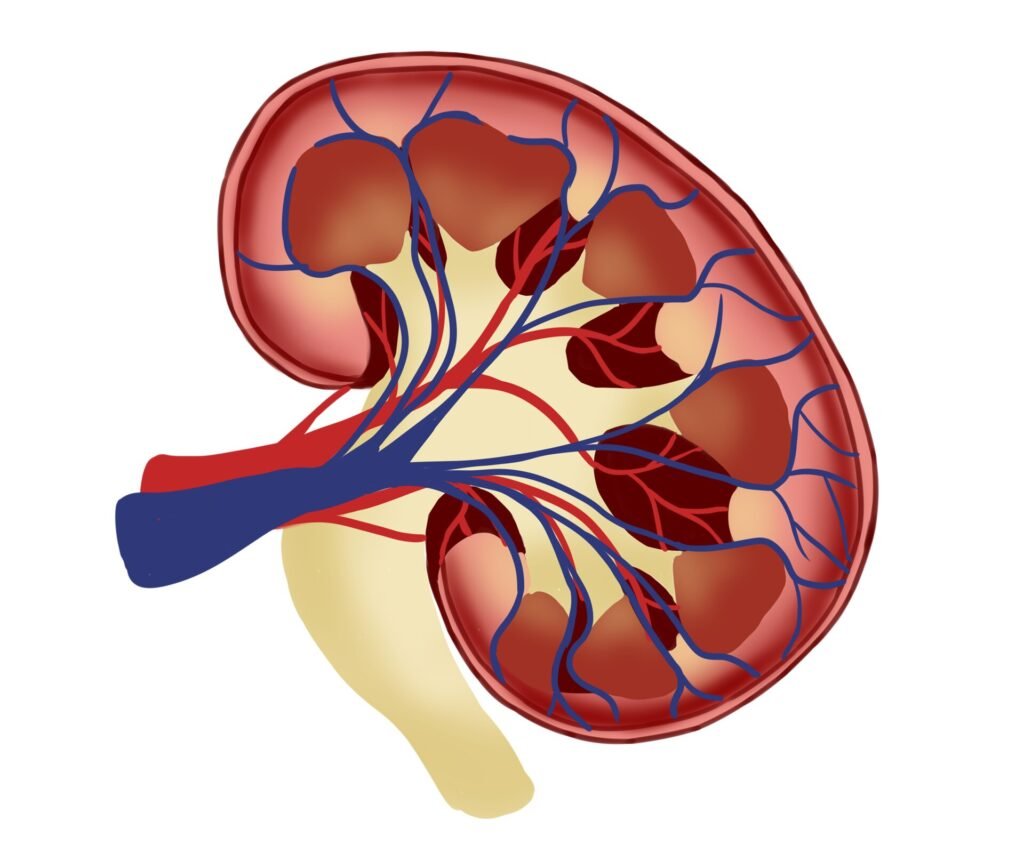Organ donation is a critical issue worldwide, with many individuals waiting for life-saving transplants. In the United States alone, 17 people die every day while waiting for an organ transplant. To address this urgent need for organs, some countries have implemented opt-out organ donation policies. These policies automatically enroll individuals into post-mortem donation programs unless they choose to opt out.
While opt-out organ donation policies have been praised for potentially increasing the supply of organs, a recent study by Pascal Güntürkün and colleagues raises concerns about the unintended consequences of such policies. The researchers analyzed data from 24 countries between 2000–2023 and conducted experimental studies with over 5,000 participants to investigate the impact of switching from opt-in to opt-out organ donation policies.
Their findings, published in the journal PNAS Nexus, revealed that while opt-out policies led to a slight increase in deceased donors, they significantly decreased living donors by 29%. This decrease in living donors was primarily attributed to a phenomenon known as “crowding-out effect.” Individuals living in countries with opt-out systems perceive the organ supply as sufficient and are less likely to become living donors, especially for altruistic donations to acquaintances and strangers.
The study also compared the organ donation rates between Germany (opt-in) and Austria (opt-out) to further illustrate the negative impact of opt-out policies on living donor rates. The researchers emphasized the importance of considering these crowding-out effects when implementing opt-out organ donation systems and urged policymakers to carefully evaluate the potential consequences of such policies.
In conclusion, while opt-out organ donation policies may seem like a solution to address organ shortages, it is essential to weigh the potential drawbacks, such as reduced living donor rates. By understanding the complex dynamics of organ donation systems, policymakers can develop more effective strategies to increase organ supply and save more lives.
For more information on this study, you can access the published article in PNAS Nexus by Pascal Güntürkün et al. at DOI: 10.1093/pnasnexus/pgaf311. This research sheds light on the implications of opt-out organ donation policies and underscores the importance of considering all factors when shaping organ donation regulations.


